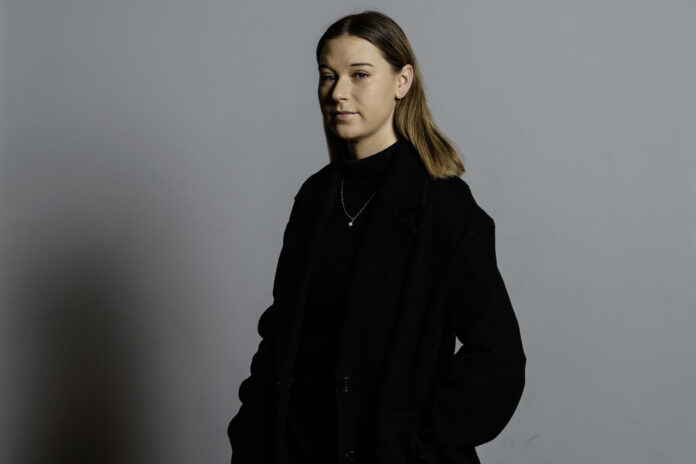Halloween, fresh off exam week, meant an epic party streak. But as the post-party blues set in, I felt worse than I expected. I chalked it up to a hangover – until the fever hit and refused to budge.
This wasn’t just the usual exhaustion; I was actually sick. I called my mom to ask if paracetamol or ibuprofen was better, and she suggested antibiotics. I nearly laughed. ‘Antibiotics? Here?’ I thought, imagining the endless, looping phone calls and the inevitable and infamous ‘take some paracetamol’ response.
For many international students in the Netherlands, getting healthcare can feel like walking a tightrope in the dark. Growing up with healthcare where antibiotics and in-person consultations are readily available and the norm, we struggle to adjust to the Dutch approach.
Here, minor illnesses are generally treated at home with rest and over-the-counter meds, with antibiotics reserved for severe cases. In theory, this reduces unnecessary medication use. But in reality, many international students find themselves in limbo, sick enough to need more than painkillers but not ‘severe’ enough to be taken seriously.
You hear people joking about needing to fly home for something as basic as a throat infection, yet that’s exactly what happens. One friend had untreated tonsillitis for weeks before she could go home and get proper treatment, despite calling StudentArts every day.
You hear people joking about needing to fly home for something as basic as a throat infection, yet that’s exactly what happens
But what about students who don’t have the privilege of travelling to their home countries on a whim? They’re stuck traversing a system that often feels dismissive. If Dutch healthcare is meant to be universal, why do so many international students feel excluded?
Do Dutch students face these issues, too? I’ve heard from some Dutch friends that it can be difficult, but it doesn’t seem to carry the same level of frustration. Maybe that’s because they grew up with this system and know how to navigate it. But for internationals, the reluctance to prescribe anything stronger than paracetamol feels like a barrier to integration. It’s hard to feel at home when healthcare seems like a constant struggle.
The biggest problem is that any conversation about internationals struggling with healthcare quickly becomes political, dismissed as a matter of ‘adjusting’.
Adapting to a new culture is part of the experience, and I feel a sense of responsibility to fit in. But should adapting mean sacrificing our well-being? If the Dutch healthcare system prides itself on being accessible and efficient, it’s time to extend that promise to everyone, internationals included.
To truly bridge this gap, universities like ours – who proudly call themselves international – must step up and advocate for the health of their global students.
CARLA ERASMUS



